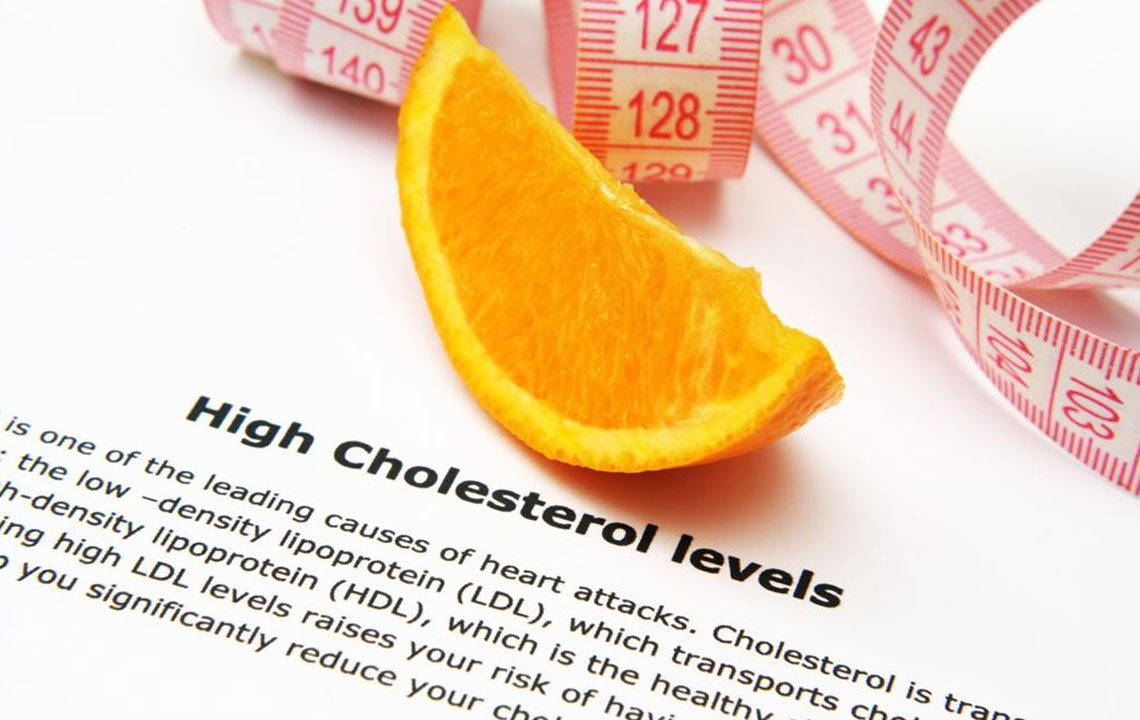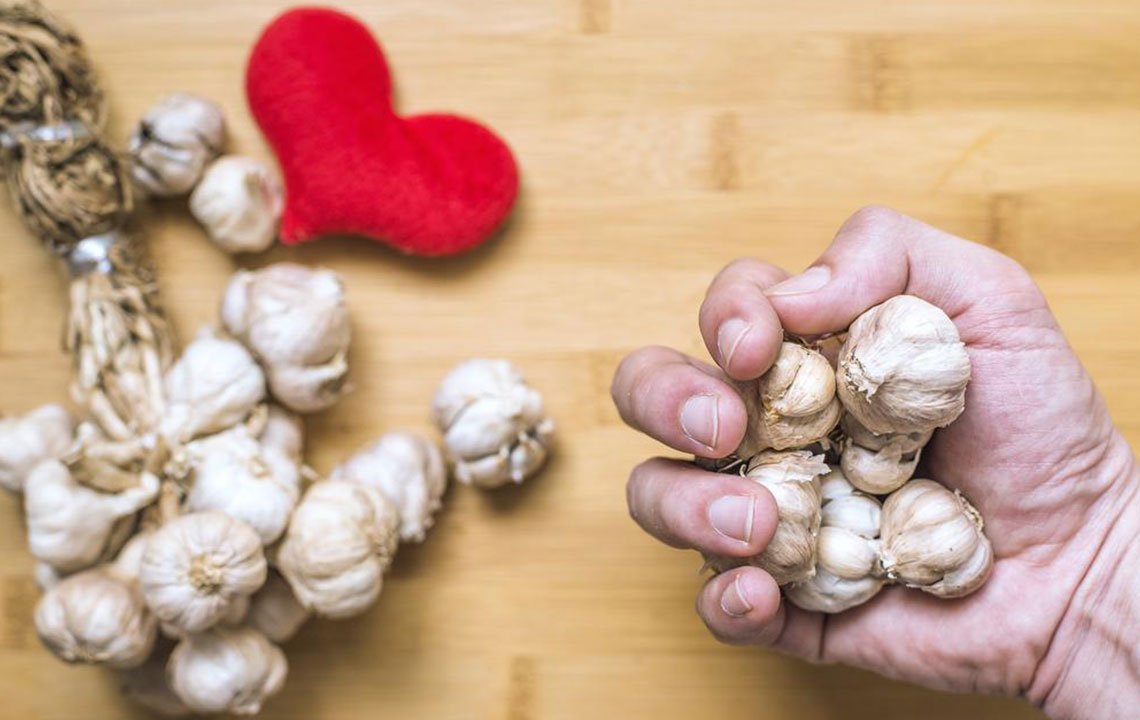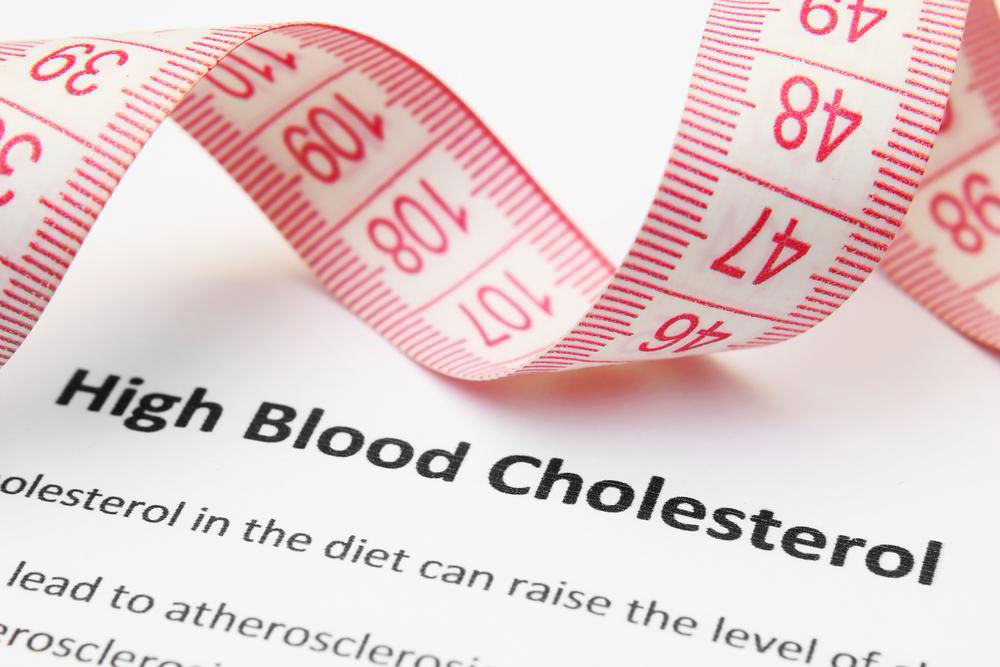Nutritional Strategies to Lower High Cholesterol Levels
Discover effective dietary strategies to lower high cholesterol levels and improve heart health. Incorporate oats, whole grains, nuts, vegetable oils, and soy products into your diet with expert guidance. Regular monitoring and balanced nutrition are key to reducing cardiovascular risk and supporting overall wellness.

Foods That Support Cholesterol Management
Managing cholesterol effectively requires thoughtful meal planning guided by your cholesterol levels. Individuals with elevated cholesterol should prioritize foods known to reduce their LDL (bad cholesterol) while boosting HDL (good cholesterol). Simple dietary adjustments can significantly lower blood fats and promote heart health, aiding in the prevention of cardiovascular issues. Emphasize foods that combat harmful LDL and enhance beneficial HDL for optimal results.
Key foods that aid in this process include:
Oats: Incorporate oats or oat-based cereals into your diet to help decrease LDL cholesterol. The recommended daily intake depends on your cholesterol chart readings.
Oats are high in fiber and help dissolve plaque and fats in arteries.
Whole Grain Products: Consuming whole grains like barley enhances heart health by providing soluble fiber that quickly immerses fats in the bloodstream, promoting efficient removal. Adjust your intake based on your cholesterol levels as indicated on your chart.
Nuts: Almonds, walnuts, and peanuts are excellent for heart health. A small portion of about two ounces daily helps lower LDL cholesterol significantly.
These nuts provide additional nutrients such as protein, calcium, and vitamin E which support overall wellness.
Healthy Vegetable Oils: If your cholesterol is high per your levels chart, limit your daily oil consumption. Oils like sunflower and canola are recommended for their heart-friendly properties and ability to reduce LDL levels.
Soy Products: Foods made from soy, including tofu and soy milk, contribute to lowering LDL cholesterol. Consuming approximately 20 grams of soy protein daily can reduce LDL by about 6%.
Monitoring your cholesterol regularly allows you to adapt your diet to include fruits, vegetables, beans, and nuts, fostering better heart health. Adopting a nutritious diet remains essential for lowering cardiovascular risk.








